
The Vibrant Heart of Kumasi: Bantama
Bantama, located in the pulsating city of Kumasi, Ghana, is a lively neighbourhood that captures the cultural and historical essence of the Ashanti region. Known for its bustling markets, vibrant nightlife, and rich heritage, Bantama is a must-visit for any tourist seeking an authentic Ghanaian experience. One of the main attractions in Bantama is the Bantama Market, which offers a sensory overload of sights, sounds, and smells. Here, you can find everything from fresh produce to traditional Ashanti crafts. The market is an excellent place to interact with locals, learn about their way of life, and perhaps purchase a unique souvenir to take home. For history enthusiasts, Bantama is home to several historical landmarks, including the Bantama Mausoleum, which houses the remains of past Ashanti kings. This site offers a deep dive into the history and traditions of the Ashanti people, making it an educational stop for those interested in African history. As the sun sets, Bantama transforms into a hub of nightlife with numerous bars, clubs, and street food vendors. Whether you're looking to dance the night away to Afrobeat music or enjoy a quiet evening sampling local delicacies, Bantama offers a variety of options to suit different tastes. Overall, Bantama is a vibrant neighbourhood that offers a blend of culture, history, and modern-day excitement. It's a place where the old meets the new, making it a fascinating destination for tourists.
Local tips in Bantama
- Visit Bantama Market early in the morning to avoid the crowds and get the freshest produce.
- Carry cash, as many local vendors do not accept credit cards.
- Dress modestly when visiting historical sites to show respect for local customs.
- Use local taxis or ride-sharing apps to get around, as public transport can be crowded.
- Try local street food at night for an authentic taste of Bantama's culinary offerings.
The Vibrant Heart of Kumasi: Bantama
Bantama, located in the pulsating city of Kumasi, Ghana, is a lively neighbourhood that captures the cultural and historical essence of the Ashanti region. Known for its bustling markets, vibrant nightlife, and rich heritage, Bantama is a must-visit for any tourist seeking an authentic Ghanaian experience. One of the main attractions in Bantama is the Bantama Market, which offers a sensory overload of sights, sounds, and smells. Here, you can find everything from fresh produce to traditional Ashanti crafts. The market is an excellent place to interact with locals, learn about their way of life, and perhaps purchase a unique souvenir to take home. For history enthusiasts, Bantama is home to several historical landmarks, including the Bantama Mausoleum, which houses the remains of past Ashanti kings. This site offers a deep dive into the history and traditions of the Ashanti people, making it an educational stop for those interested in African history. As the sun sets, Bantama transforms into a hub of nightlife with numerous bars, clubs, and street food vendors. Whether you're looking to dance the night away to Afrobeat music or enjoy a quiet evening sampling local delicacies, Bantama offers a variety of options to suit different tastes. Overall, Bantama is a vibrant neighbourhood that offers a blend of culture, history, and modern-day excitement. It's a place where the old meets the new, making it a fascinating destination for tourists.
Iconic landmarks you can’t miss
Manhyia Palace
Experience the grandeur of the Ashanti Kingdom at Manhyia Palace, a museum that brings history, culture, and heritage to life in Kumasi, Ghana.
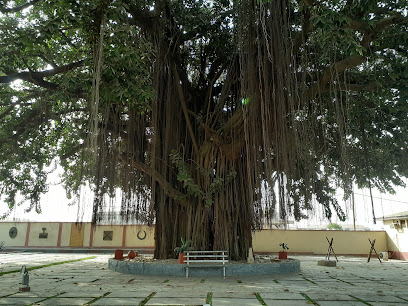
Kumasi Centre For National Culture
Experience the rich traditions, vibrant crafts, and lively performances at Kumasi Centre for National Culture, the cultural heart of Ghana.
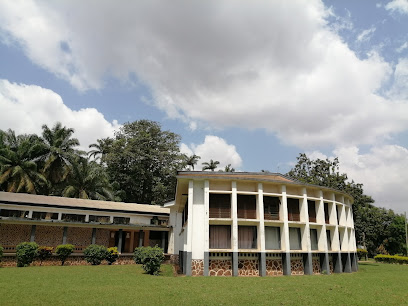
Bantama Market
Experience the vibrant essence of Kumasi at Bantama Market, a bustling hub for shopping, dining, and cultural immersion.
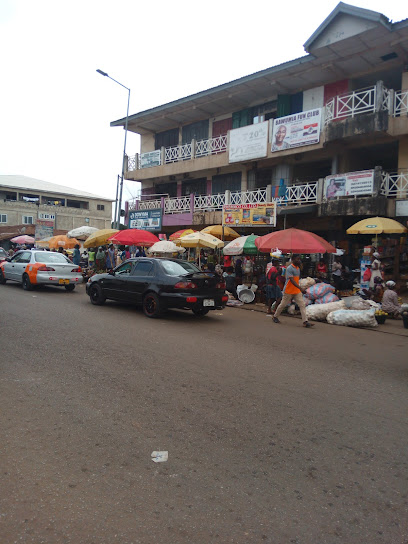
komfo Anokye Sword Site
Explore the Komfo Anokye Sword Site in Kumasi – a historical landmark steeped in Ashanti culture and legend, symbolizing strength and unity.
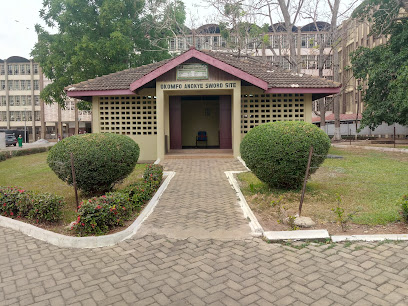
Kumasi Zoological Gardens
Explore the captivating wildlife at Kumasi Zoological Gardens, a family-friendly animal park in the heart of Kumasi, Ghana, that delights visitors of all ages.
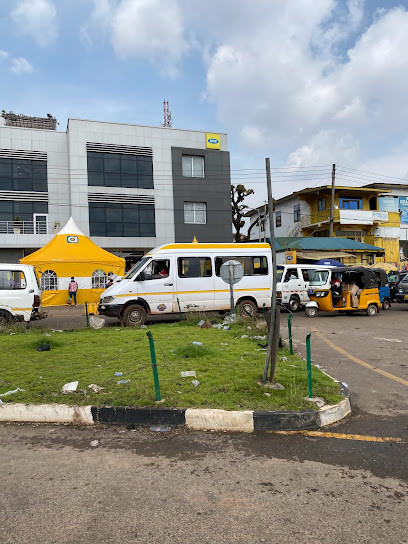
Armed Forces Museum
Explore Ghana's rich military history at the Armed Forces Museum in Kumasi, a captivating journey through the nation's heritage and valor.
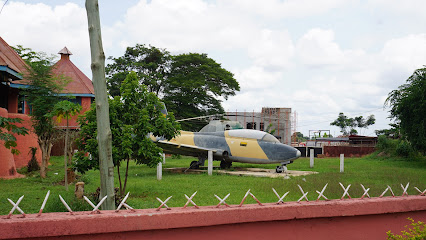
Bantama Palace
Explore Bantama Palace in Kumasi, where the rich history of the Ashanti Kingdom comes alive through stunning architecture and cultural treasures.
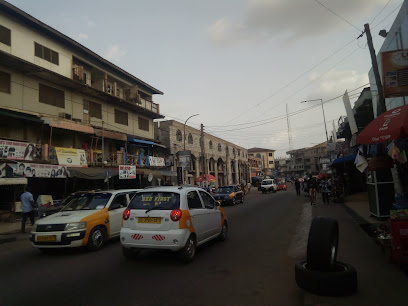
Prempeh II Jubilee Museum
Explore the heritage of the Ashanti Kingdom at the Prempeh II Jubilee Museum in Kumasi, a must-visit destination for cultural enthusiasts.
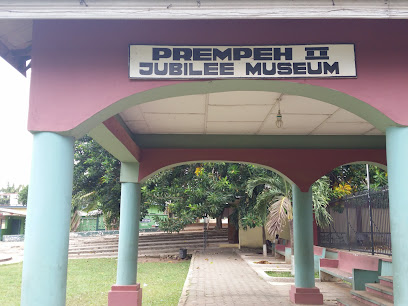
Kejetia Roundabout
Discover the vibrant cultural heart of Kumasi at Kejetia Roundabout, featuring the iconic statue of Otumfour Osei Tutu and a lively local market scene.
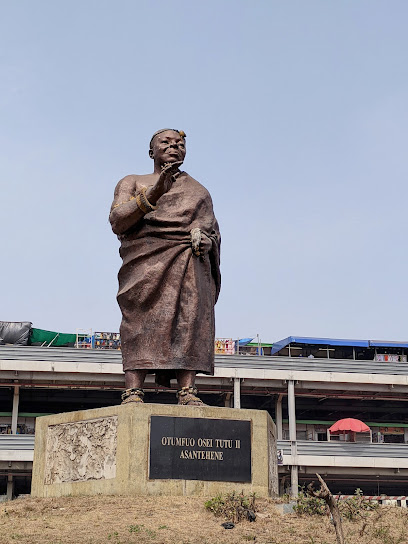
Ghana Museums & Monuments Board
Delve into Ghana's vibrant history at the Ghana Museums & Monuments Board in Kumasi, a cultural hub that celebrates the nation's rich heritage.
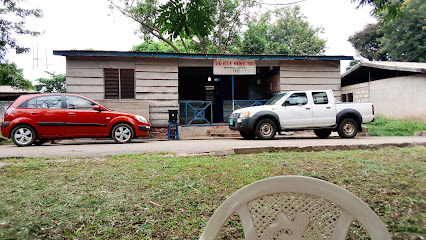
Unmissable attractions to see
Rattray Park
Experience the beauty of Rattray Park in Kumasi, Ghana, where nature meets recreation in a serene urban oasis.
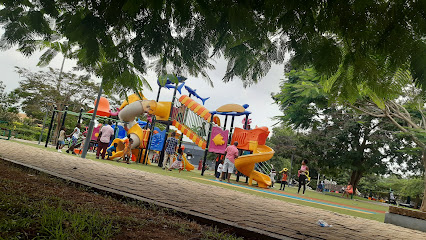
Sofoline Interchange
Experience the pulse of Ghana at Sofoline Interchange, a vibrant hub of culture, food, and local life in the heart of Kumasi.
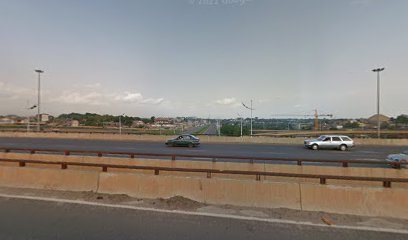
VISUAL ARTS GALLERY, T.I.AMSS
Explore the vibrant creativity of Ghana at the VISUAL ARTS GALLERY, T.I.AMSS in Kumasi, where contemporary art meets cultural heritage.
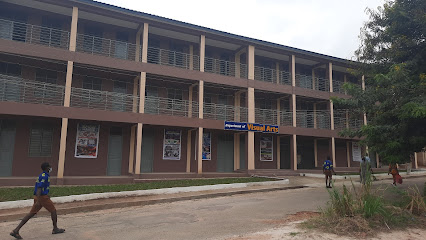
Essential places to dine
Ike’s Cafe and Grill
Discover the rich flavors of Ghana at Ike’s Cafe and Grill in Kumasi - where culinary tradition meets modern dining.
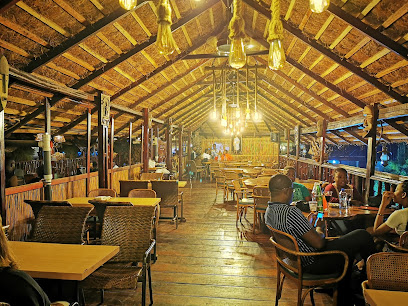
PUMPKINS GRILL & MORE
Discover delicious local and international cuisine at Pumpkins Grill & More in Kumasi - a true culinary delight for every traveler.
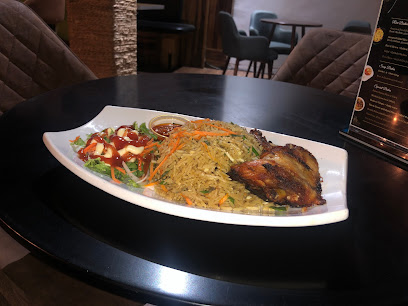
Pice pizza and restaurant Bantama
Discover authentic Italian flavors at Pice Pizza and Restaurant in Kumasi's vibrant Bantama neighborhood.
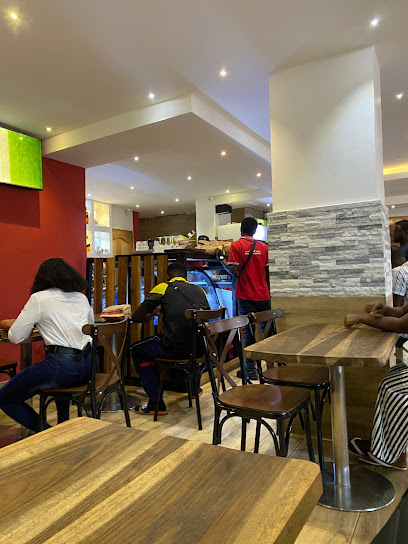
Tinadu's Fast Food
Experience authentic Ghanaian street food at Tinadu's Fast Food in Kumasi – where every dish tells a delicious story.
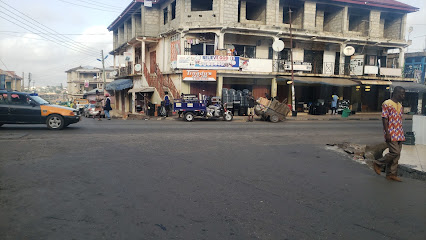
Dorpan Food Court
Experience the vibrant flavors of Ghana at Dorpan Food Court in Kumasi - where culinary traditions meet modern tastes.
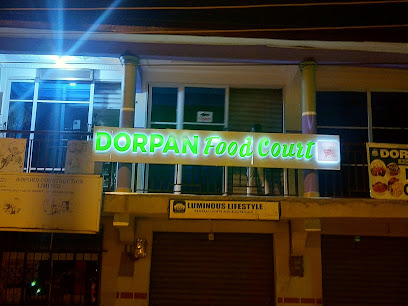
Broni’s kitchen Bantama high street
Discover the authentic flavors of Ghana at Broni's Kitchen on Bantama High Street – where every rice dish tells a story.
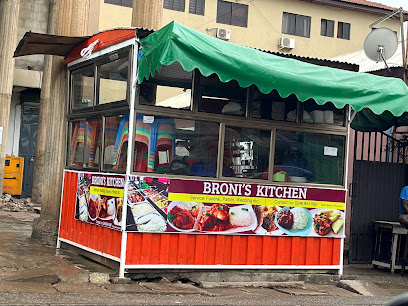
Maa Eva's Local and Continental Dishes
Discover authentic African cuisine at Maa Eva's Local and Continental Dishes in Kumasi – where every bite tells a story.
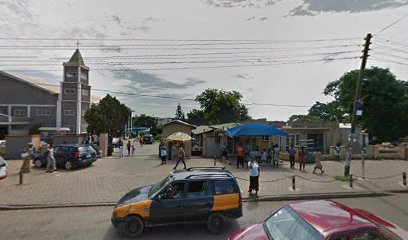
Bantama
Discover the essence of Ghanaian cuisine at Bantama in Kumasi – where tradition meets flavor in every dish.

Fyne Kuuk
Discover authentic Ghanaian cuisine at Fyne Kuuk in Kumasi's Doctor’s Flats - where local flavors come alive!

Star’s Delicacies
Discover authentic Ghanaian flavors at Star’s Delicacies in Kumasi - A culinary journey awaits!
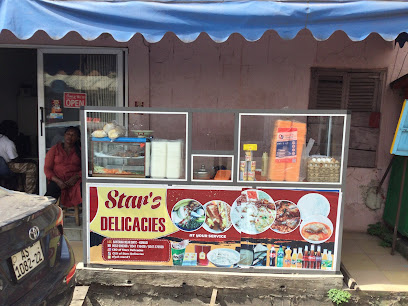
Markets, malls and hidden boutiques
Anita's Retail stores
Discover a vibrant shopping experience at Anita's Retail Stores in Kumasi, where local culture meets modern retail in a unique setting.
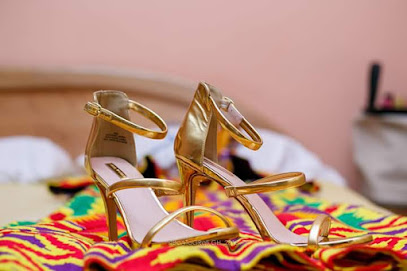
Bare Heart
Explore Bare Heart in Kumasi for a diverse range of clothing, lingerie, shoes, and perfumes that define modern fashion.
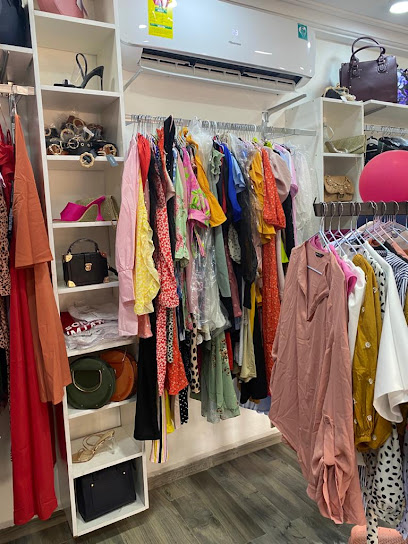
Bead shop
Explore the Bead Shop in Kumasi for a vibrant selection of handcrafted beads that reflect Ghana's rich cultural heritage.
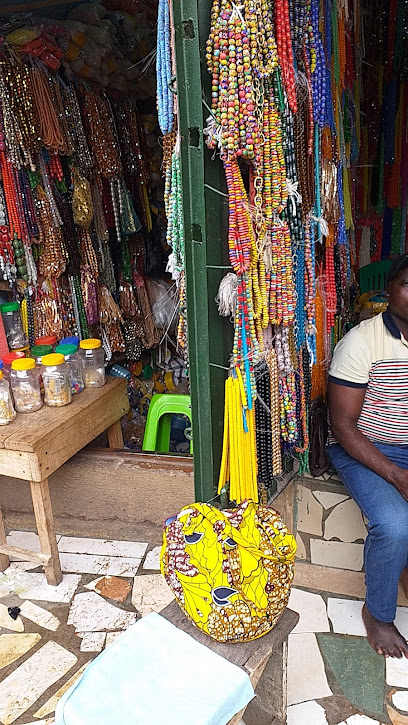
Sister Yaa's Provision Store & PURE HONEY
Experience the authentic flavors of Ghana at Sister Yaa's Provision Store & PURE HONEY in Kumasi, featuring local products and pure honey.
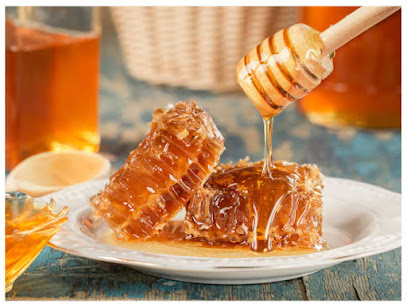
Micky's Collection
Explore the vibrant world of Ghanaian fashion at Micky's Collection in Kumasi, where traditional designs meet contemporary style.

Calista N Co
Explore Calista N Co in Kumasi for an unforgettable shopping experience featuring a unique blend of local and contemporary clothing styles.
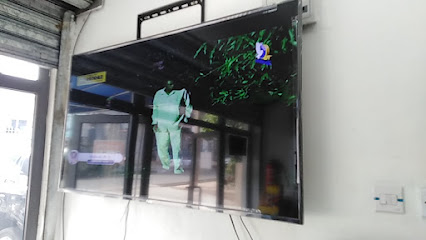
Gitway ventures
Explore Gitway Ventures in Kumasi for a unique selection of Oriental goods, from spices to handcrafted treasures that capture the essence of Eastern culture.
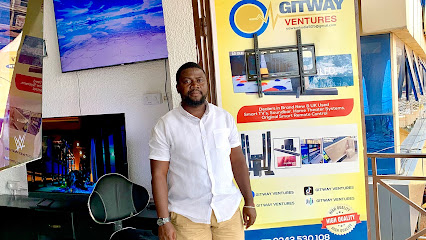
L-ZONE COLLECTIONS
Explore the vibrant styles at L-ZONE Collections, Kumasi's premier clothing store for fashion-forward shoppers.

Hasar Unique Enterprise
Discover local flavors and vibrant culture at Hasar Unique Enterprise in Kumasi, a must-visit grocery store for authentic Ghanaian products.
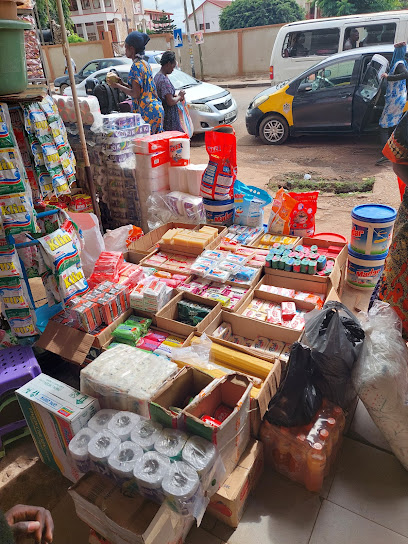
Majoowa Fabrics and Clothing
Discover the vibrant world of African textiles at Majoowa Fabrics and Clothing in Kumasi, where tradition meets modern craftsmanship.
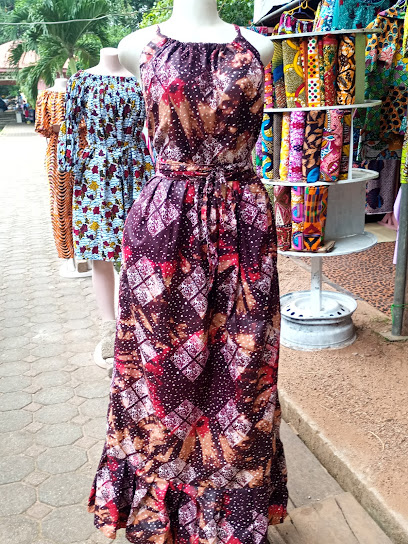
Essential bars & hidden hideouts
S Bar (Soul's Bar)
Experience the vibrant nightlife of Kumasi at S Bar, where local flavors meet a lively atmosphere for an unforgettable evening.
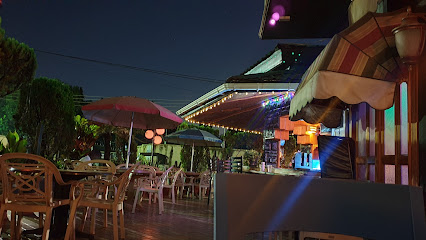
WASAGA PUB
Experience the vibrant nightlife of Kumasi at Wasaga Pub, where great drinks and a lively atmosphere come together for unforgettable evenings.
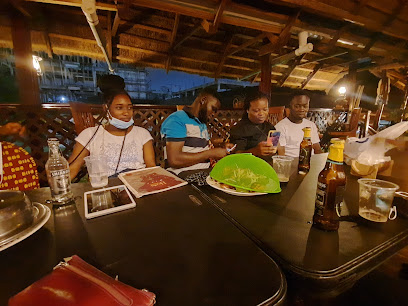
Motown Bar
Discover the vibrant nightlife at Motown Bar, a lively hotspot in Kumasi, Ghana, offering great drinks, music, and an unforgettable atmosphere.
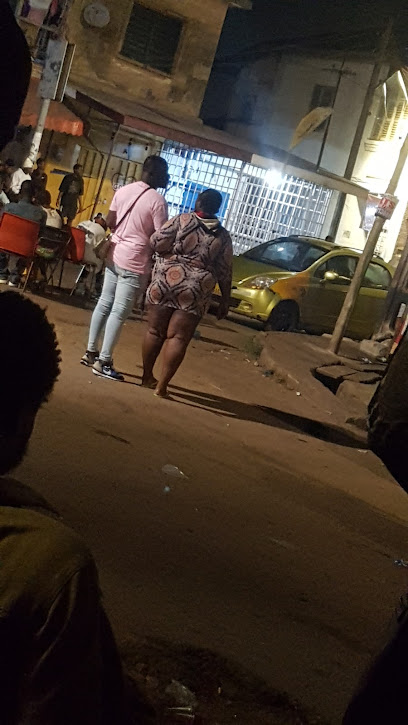
Heavy Pub (President's Pub)
Experience the lively atmosphere and delicious grilled dishes at Heavy Pub, the perfect spot for an unforgettable night in Kumasi, Ghana.
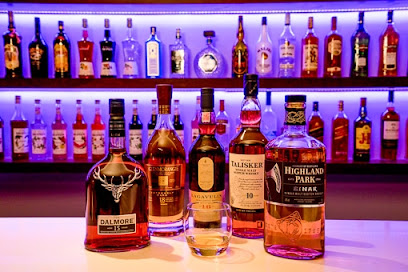
ANUTUA VENTURES
Experience the vibrant atmosphere of Anutua Ventures in Kumasi, where local flavors and friendly service come together for an unforgettable night out.

De-Vicky's Pub
Experience the essence of Kumasi nightlife at De-Vicky's Pub, where local charm meets vibrant entertainment in a welcoming atmosphere.
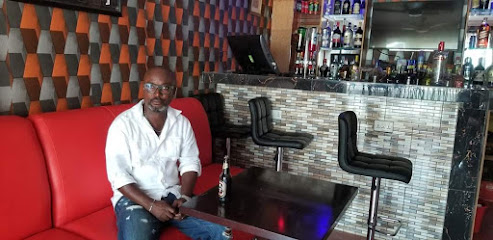
Big So Pub
Discover the lively nightlife of Kumasi at Big So Pub, your ultimate destination for drinks and entertainment in Ghana.
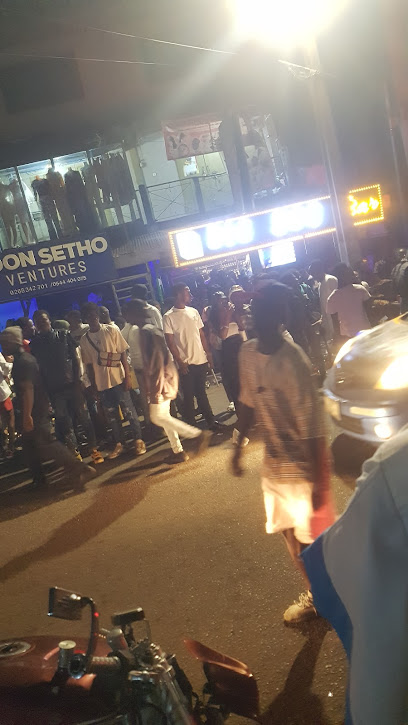
Ataa Maame plam wine seller
Discover the authentic taste of palm wine at Ataa Maame in Kumasi, a vibrant pub offering a glimpse into local Ghanaian culture.
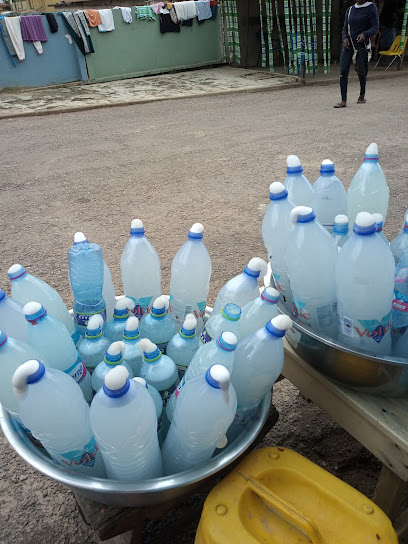
Groovy’s Pub Bantama
Discover the lively nightlife at Groovy’s Pub Bantama, a vibrant bar in Kumasi offering local drinks, live music, and a welcoming atmosphere.
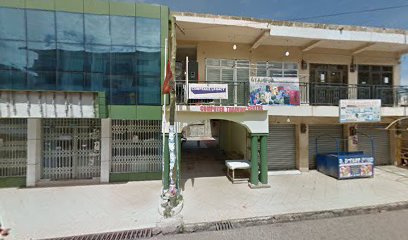
Vino Fiesta
Experience the vibrant nightlife of Kumasi at Vino Fiesta, a lively bar with a great selection of drinks and a welcoming atmosphere.
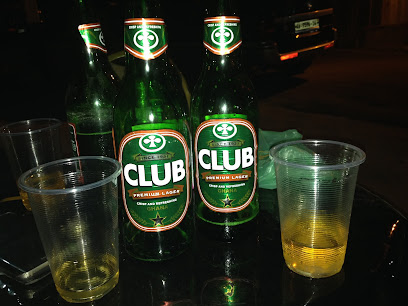
Local Phrases
-
- HelloAane
[ah-neh] - GoodbyeDaabi
[dah-bee] - YesAane
[ah-neh] - NoDaabi
[dah-bee] - Please/You're welcomeMesrɛ
[meh-sreh] - Thank youMedaase
[meh-dah-seh] - Excuse me/SorryKɔnne
[koh-neh] - How are you?Ete sɛn?
[eh-teh sen] - Fine. And you?Ɛyɛ. Na wo nso?
[eh-yeh. nah woh en-so] - Do you speak English?Wo ka Asɛnka?
[woh kah ah-sen-kah] - I don't understandMinni nni
[meen-nee nee]
- HelloAane
-
- I'd like to see the menu, pleaseMepɛ menu paa
[meh-peh meh-noo pah] - I don't eat meatMinni nni nyadu
[meen-nee nee nyah-doo] - Cheers!Afehyia pa
[ah-feh-yee-ah pah] - I would like to pay, pleaseMepɛ nkurɛ
[meh-peh en-koo-reh]
- I'd like to see the menu, pleaseMepɛ menu paa
-
- Help!Boa me
[boh-ah meh] - Go away!Gyae
[jah-yeh] - Call the Police!Kɔ sɛ Polis
[koh seh poh-lees] - Call a doctor!Kɔ sɛ dokita
[koh seh doh-kee-tah] - I'm lostMinni nni bɔkɔɔ
[meen-nee nee boh-koh] - I'm illMinni nni nkosi
[meen-nee nee en-koh-see]
- Help!Boa me
-
- I'd like to buy...Mepɛ bɔ...
[meh-peh boh] - I'm just lookingMinni nni hwee
[meen-nee nee hweh] - How much is it?Aduane ne nkwadaa bɔ mu?
[ah-doo-ah-neh neh en-kwah-dah-ah boh moo] - That's too expensiveƐyɛ nkɔso nti
[eh-yeh en-kaw-soh en-tee] - Can you lower the price?Wode bɔ mu wɔ mu?
[woh-deh boh moo woh moo]
- I'd like to buy...Mepɛ bɔ...
-
- What time is it?Dɔn nni da ho?
[dohn-nee dah hoh] - It's one o'clockDɔn kakra
[dohn kah-krah] - Half past (10)Afe akyiri
[ah-feh ah-chi-ree] - MorningAnɔpa
[ah-noh-pah] - AfternoonAwia
[ah-wee-ah] - EveningAnadwo
[ah-nah-dwoh] - YesterdayNwasem
[en-wah-sehm] - TodayƐda
[eh-dah] - TomorrowƐna
[eh-nah] - 1Kɔtɔ
[koh-toh] - 2Kɔtɔbɔ
[koh-toh-boh] - 3Kɔtɔbaa
[koh-toh-bah] - 4Nan
[nahn] - 5Nanan
[nah-nahn] - 6Nanoom
[nah-noh-ohm] - 7Nanoomu
[nah-noh-oh-moo] - 8Nanoomɔnu
[nah-noh-oh-mohn-oo] - 9Nanoomɔnuɔ
[nah-noh-oh-mohn-oo-oh] - 10Tɛkrɛma
[teh-kreh-mah]
- What time is it?Dɔn nni da ho?
-
- Where's a/the...?Ɔkaa...yɛ dɛ?
[oh-kah...yeh deh] - What's the address?Yɛ dɛn ntease?
[yeh dehn en-chay-say] - Can you show me (on the map)?Wode pɛ sɛ...?
[woh-deh peh seh] - When's the next (bus)?Afe akyiri...
[ah-feh ah-chi-ree] - A ticket (to ....)Kɔteket...da
[koh-teh-keh-teh-dah]
- Where's a/the...?Ɔkaa...yɛ dɛ?
History of Bantama
-
Bantama, a vibrant neighborhood in Kumasi, has its roots deeply embedded in the history of the Ashanti Empire. Established in the 18th century, it served as a settlement for the Akan people and quickly evolved into a center for trade and cultural exchange. The neighborhood's strategic location facilitated access to the bustling markets of Kumasi, making it a hub for commerce and social interaction.
-
Bantama is not just a place of residence but a significant cultural landmark within the Ashanti Kingdom. The neighborhood is home to several traditional practices, festivals, and institutions that celebrate Ashanti culture. The presence of the Bantama Chief's Palace symbolizes the neighborhood's importance in the local governance structure and its role in preserving the customs and traditions of the Ashanti people.
-
In the early 20th century, the cocoa boom transformed Bantama and the wider Kumasi region. As cocoa became a major cash crop for Ghana, Bantama experienced an influx of wealth and migration. This economic surge led to increased urbanization, with many residents engaging in trade and commerce related to cocoa production, thereby enhancing the neighborhood’s significance in the regional economy.
-
In recent decades, Bantama has witnessed significant urbanization and modernization, paralleling the growth of Kumasi as a major city. Infrastructure improvements, such as better roads and public services, have reshaped the neighborhood while maintaining its cultural essence. The blend of traditional and modern influences in Bantama reflects the broader changes occurring in Kumasi and the Ashanti Region.
-
Today, Bantama stands as a microcosm of Kumasi's diverse culture and history. The neighborhood is known for its lively markets, religious sites, and community gatherings. It serves as a focal point for local festivals, including the famous Ashanti Durbar, where the rich traditions of the Ashanti people are showcased. This vibrant atmosphere makes Bantama a key destination for both locals and tourists seeking to experience the authentic culture of Kumasi.
Bantama Essentials
-
Bantama is easily accessible from other neighborhoods in Kumasi. From Adum, the central business district, you can take a shared taxi or a trotro (minibus) heading towards Bantama. The journey typically takes about 15-20 minutes, depending on traffic. If you are coming from the Kumasi International Airport, you can hire a taxi directly to Bantama, which will take about 30 minutes.
-
Bantama is a vibrant neighborhood best explored on foot due to its dense layout and bustling streets. Local taxis and trotros are also available for longer distances. Motorbike taxis (okadas) are popular and can be a quick way to navigate through traffic. Bicycles are not commonly used, but renting one can be an option for the adventurous traveler.
-
Bantama is generally safe, but like any urban area, it is important to remain vigilant. Avoid walking alone at night, especially in poorly lit areas. Certain parts of Bantama, particularly near the commercial areas, may experience petty crimes such as pickpocketing. Always keep your belongings secure and be cautious in crowded places.
-
In case of emergencies, dial 112 for police assistance or 191 for fire services. For medical emergencies, it is advisable to head to the nearest hospital, such as the Komfo Anokye Teaching Hospital. It is recommended to have travel insurance that covers medical expenses. Local pharmacies are available for minor ailments.
-
Fashion: Do dress modestly, especially when visiting local churches or cultural sites. Don't wear overly revealing clothing. Religion: Do respect local customs; always greet with 'Akwaaba' (welcome) when entering homes or places of worship. Public Transport: Do give up your seat for the elderly and pregnant women. Don't engage in loud conversations on public transport. Greetings: Do greet locals with a handshake and a smile. Eating & Drinking: Do try local street food, but be cautious about food hygiene. Don't refuse food or drink offered to you, as it is considered rude.
-
To experience Bantama like a local, visit the vibrant Bantama Market, where you can find fresh produce and traditional Ghanaian products. Engage with the vendors for a taste of local life. Take the time to enjoy traditional meals at local chop bars, and try dishes like fufu and light soup. Participate in local festivals or events if your visit coincides with them, as they provide a great way to connect with the community.
Nearby Cities to Bantama
-
Things To Do in Sunyani
-
Things To Do in Koforidua
-
Things To Do in Cape Coast
-
Things To Do in Sekondi-Takoradi
-
Things To Do in Takoradi
-
Things To Do in Accra
-
Things To Do in Ho
-
Things To Do in Kpalimé
-
Things To Do in Abidjan
-
Things To Do in Notse
-
Things To Do in Tamale
-
Things To Do in Atakpamé
-
Things To Do in Lomé
-
Things To Do in Aneho
-
Things To Do in Lokossa









